Matt Hancock rejected advice to cut Covid isolation as it would ‘imply we’ve been wrong’
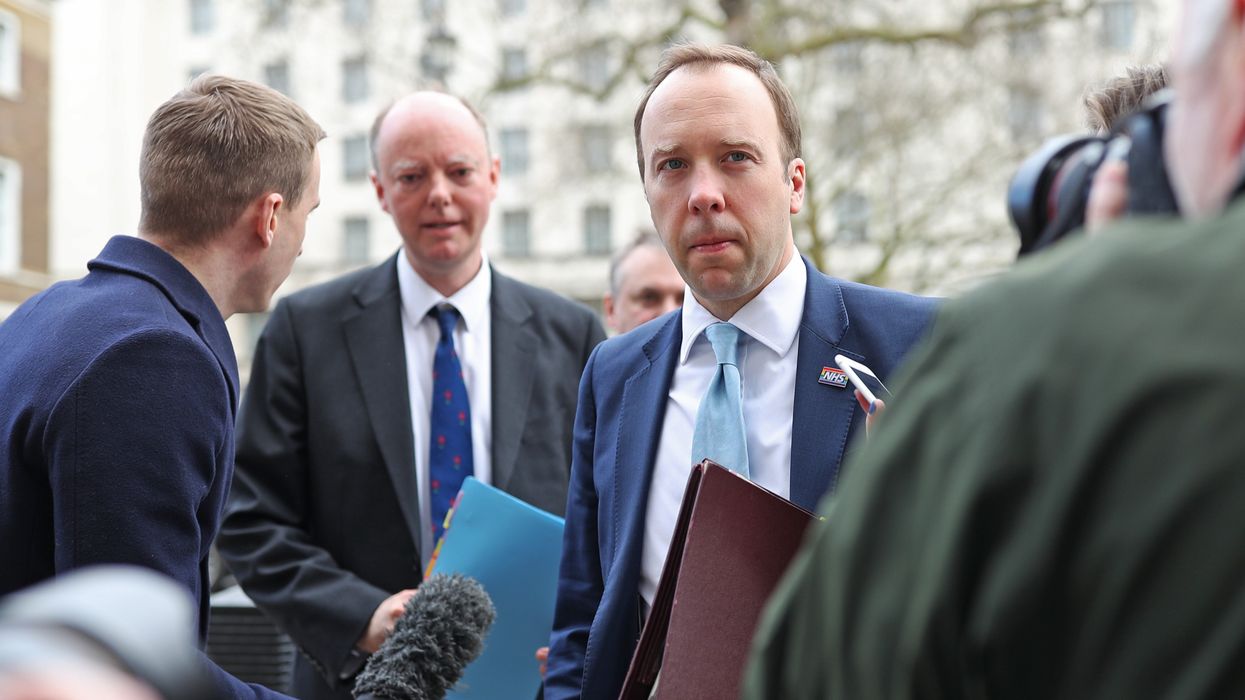
Matt Hancock reject advice from Professor Whitty in November 2020
|Yui Mok

In the latest leaks it has been revealed that Matt Hancock dubbed himself 'Mr Vaccine'
Don't Miss
Most Read
The latest WhatsApp leak has revealed Matt Hancock rejected advice from Professor Chris Whitty over isolation over fears it would make him look “wrong.”
The exchange, which took place in November 2020, came after the then health secretary asked if the 14-day isolation period had been “too long all this time.”
Hancock was told by Whitty it would be “pretty well as good” for people who had been in contact with of positive Covid case to test for five days “in lieu” of a fortnight in isolation.
England’s Chief Medical Officer told Hancock: “CMOs and sage in favour of a pilot with presumption in favour of testing for five days in lieu of isolation (alternative 10 days isolation).
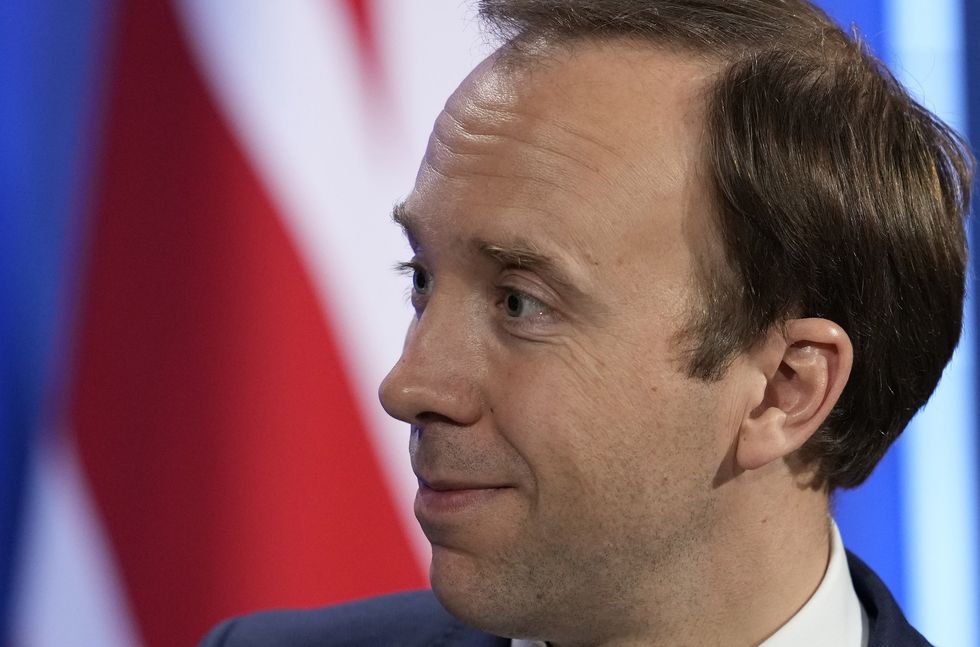
Hancock rejected advice from Professor Whitty
|Matt Dunham
“But needs a pilot to test this out and check it works and MHRA have not yet signed off for self use.”
Hancock responded: “So test every day for just five days?”
Worried removing quarantine could make ministers look like they had gotten it wrong, Hancock said: “That sounds like a massive loosening.”
Whitty replied: “The modelling suggests it’s pretty well as good. And we think adherence likely to be good.
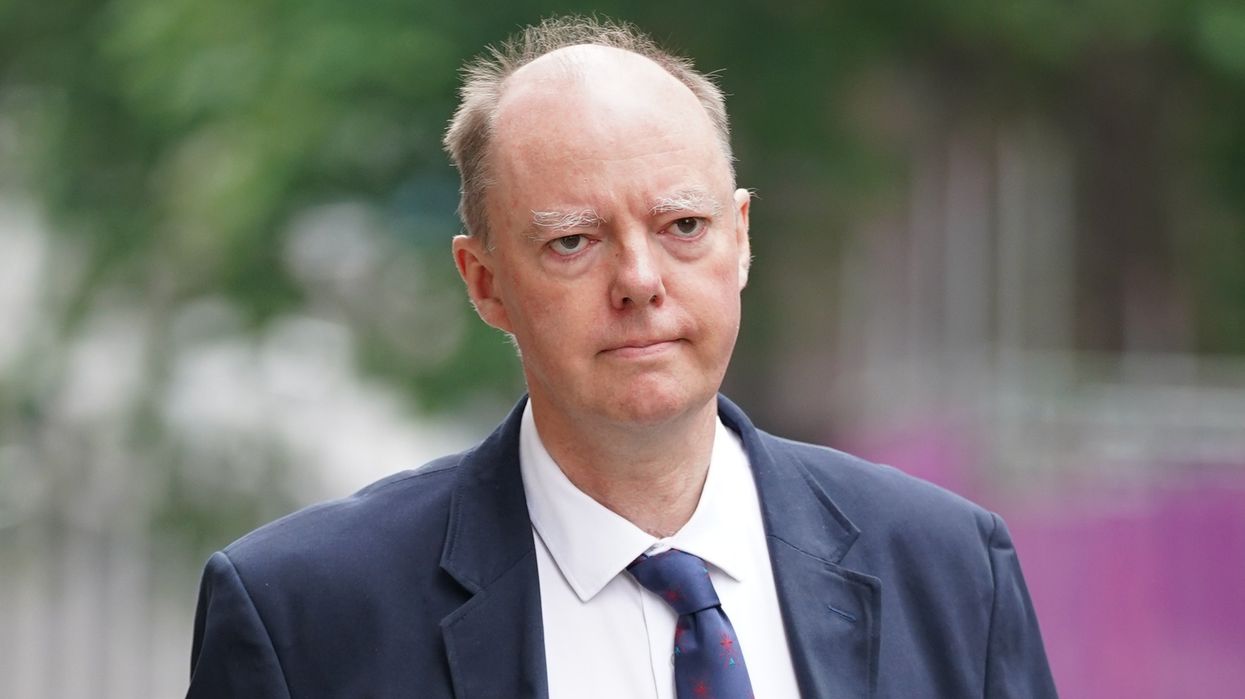
Professor Sir Chris Whitty told Hancock it would be “pretty well as good” for people who had been in contact with of positive Covid case to test for five days instead of two weeks in quarantine
|Yui Mok
“The modellers were in favour of three days (given the lag time to get a result) but we were not in favour”.
Hancock said he was amazed, adding: “This sounds very risky and we can’t go backwards – wouldn’t test every day for 10 days be a safer starting point.”
“We could push out to seven but the benefits really flatten off after five.
“We would expect symptomatic people to get a PCR test as normal,” the medical official replied.
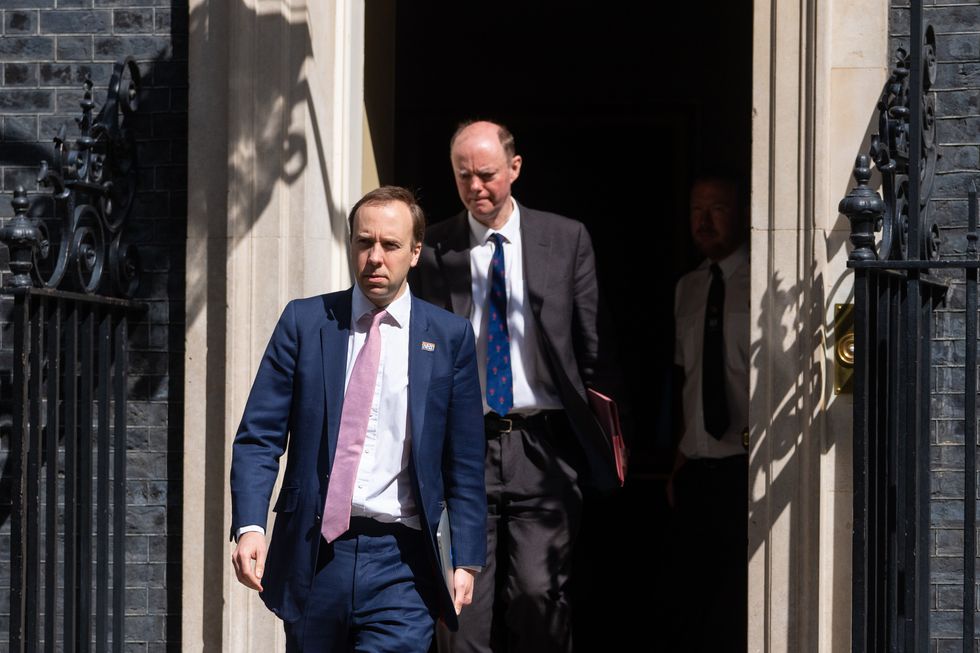
Hancock and Whitty's exchange took place in November 2020
|Dominic Lipinski
“So has the 14-day isolation been too long all this time?,” Mr Hancock asked.
Told that the two-week period was only “marginally safer” than 10 days, he said: “So, I think moving to seven-day daily testing for contacts would be huge for adherence, but going below that would serious worry people and imply we’d been getting it wrong.
“Presumably we can explain some of the shorter period because the test would pick up the disease before symptoms.”
By November, nearly one million people in England were forced to self-isolated for a fortnight if they had been in contact with a positive case of Covid-19, even if they had no symptoms of the virus.
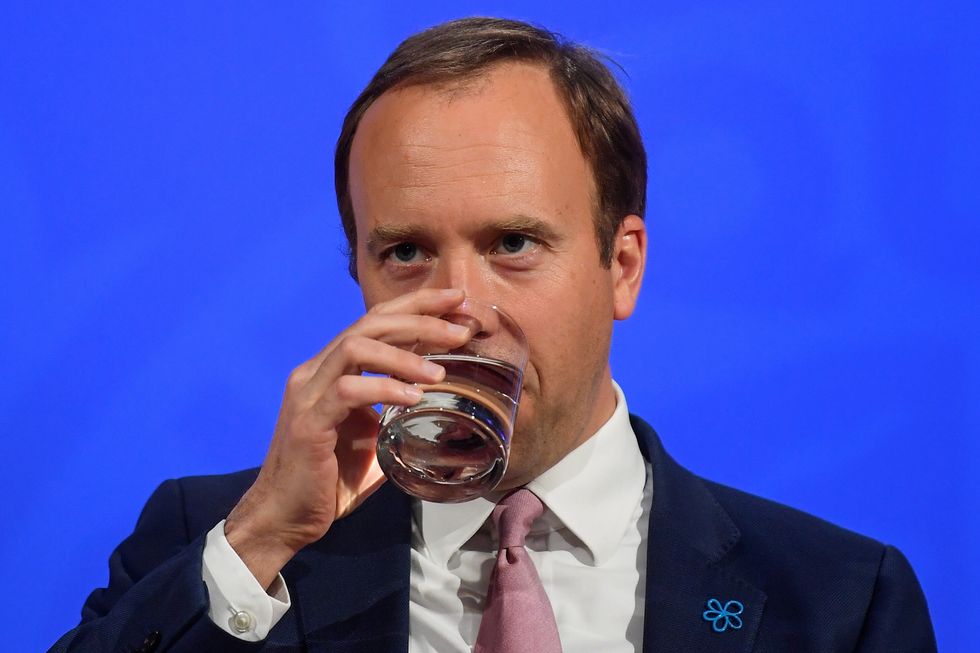
Hancock questioned if quarantine "had been too long all this time"
|Toby Melville
Just one month after this exchange, the Government announced the period of quarantine would be reduced to 10 days.
The latest messages also show Hancock criticising vaccines tsar Dame Kate Bingham, with exchanges from October 2020 show him saying she “has view and a wacky way of expressing them & is totally unreliable”.
It came after she used an interview with the Financial Times to claim that vaccinating everyone in the UK was “not going to happen” and the country needed to just “vaccinate everyone at risk”.
“She regards anything that isn’t her idea as political interference,” Hancock said.
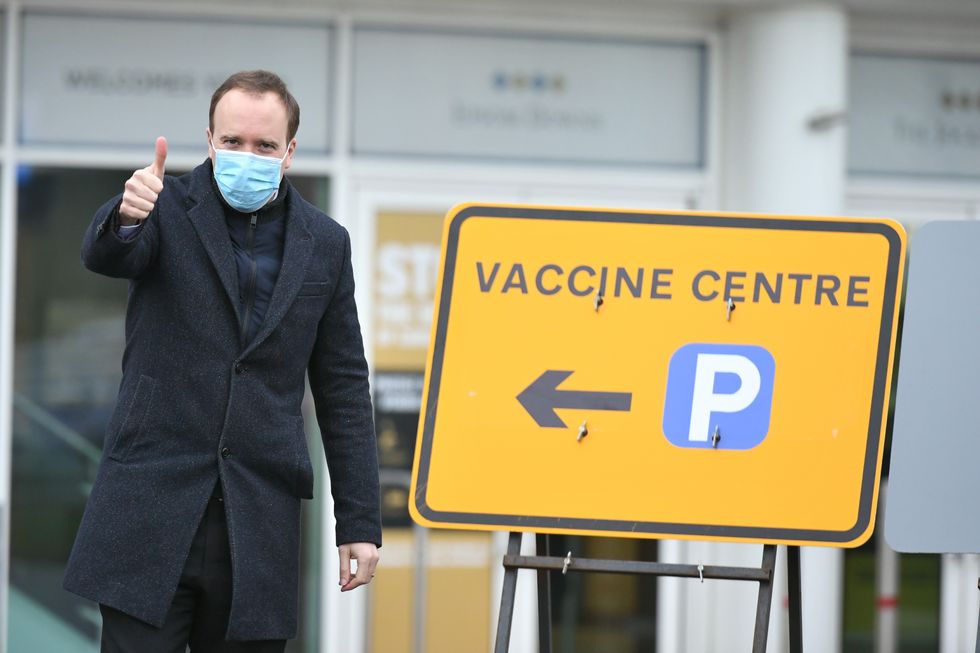
Hancock dubbed himself 'Mr Vaccine'
|Dominic Lipinski
The leaked messages also reveal Hancock declared himself “Mr Vaccine”, and he wanted to be seen as the person who should be celebrated for the jab rollout.
He described the speeding up approval of jabs as a “Hancock triumph”.










